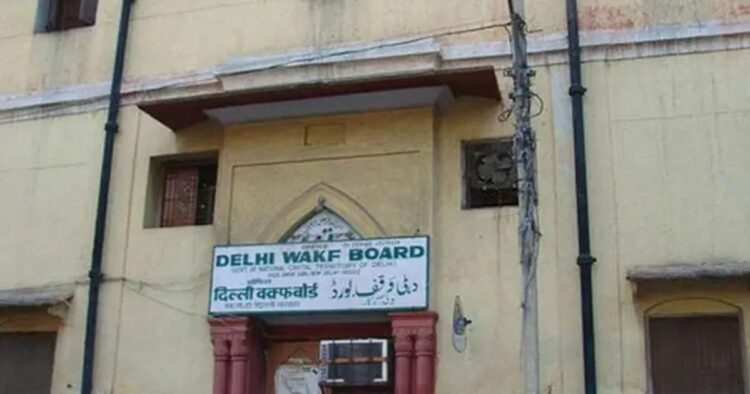The present central ruling government is set to introduce a bill in Parliament to amend the 1995 law governing Waqf boards, which aims to improve accountability and transparency in their functioning. The proposed changes comprise ensuring the inclusion of two women in the National Waqf Council and guaranteeing women’s representation across Waqf Boards.
The bill is set to be introduced in the Lok Sabha, also aims to rename the Waqf Act, 1995, to the Unified Waqf Management, Empowerment, Efficiency, and Development Act, 1995. On Tuesday night the draft bill was circulated among Lok Sabha members.
The bill seeks to rename the Waqf Act, 1995, to the Unified Waqf Management, Empowerment, Efficiency, and Development Act, 1995. It was circulated to Lok Sabha members on Tuesday night in anticipation of its introduction.
Key amendments include:
. Omission of Section 40: The bill proposes removing Section 40, which currently grants the board the authority to determine if a property is Waqf property.
. Enhanced Representation: The bill calls for a broader composition of the Central Waqf Council and State Waqf Boards, ensuring the inclusion of Muslim women and non-Muslims.
. New Boards: It suggests establishing a separate Board of Auqaf for the Boharas and Aghakhanis, and ensures representation of various Muslim communities, including Shias, Sunnis, Bohras, Agakhanis, and other backward classes.
. Clear Definition of Waqf: The bill aims to define ‘Waqf’ as property dedicated by any person practicing Islam for at least five years and owning such property.
. Streamlined Registration: It introduces a central portal and database for Waqf registration and outlines a detailed procedure for property mutation in accordance with revenue laws, with proper notice to all concerned parties.

















Comments